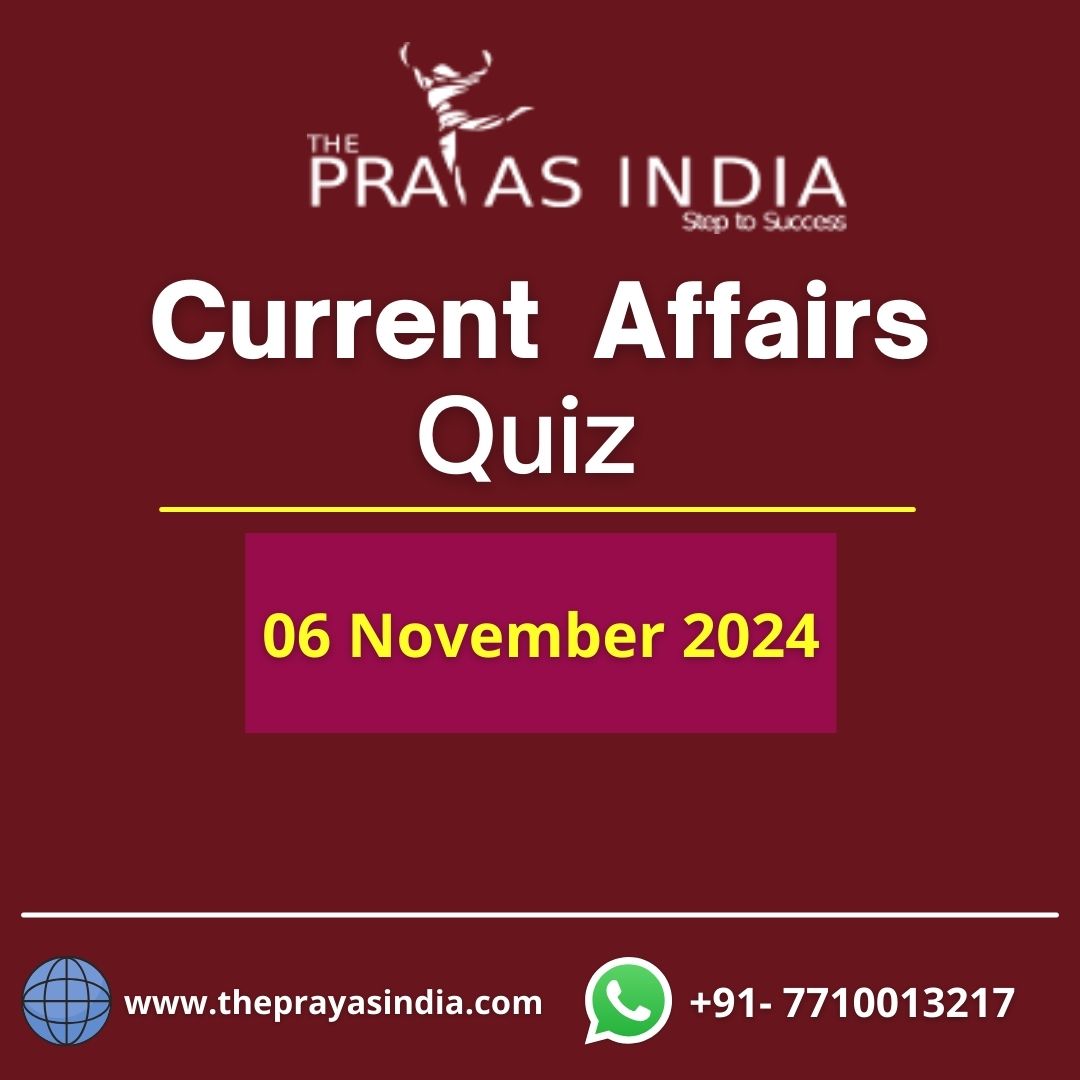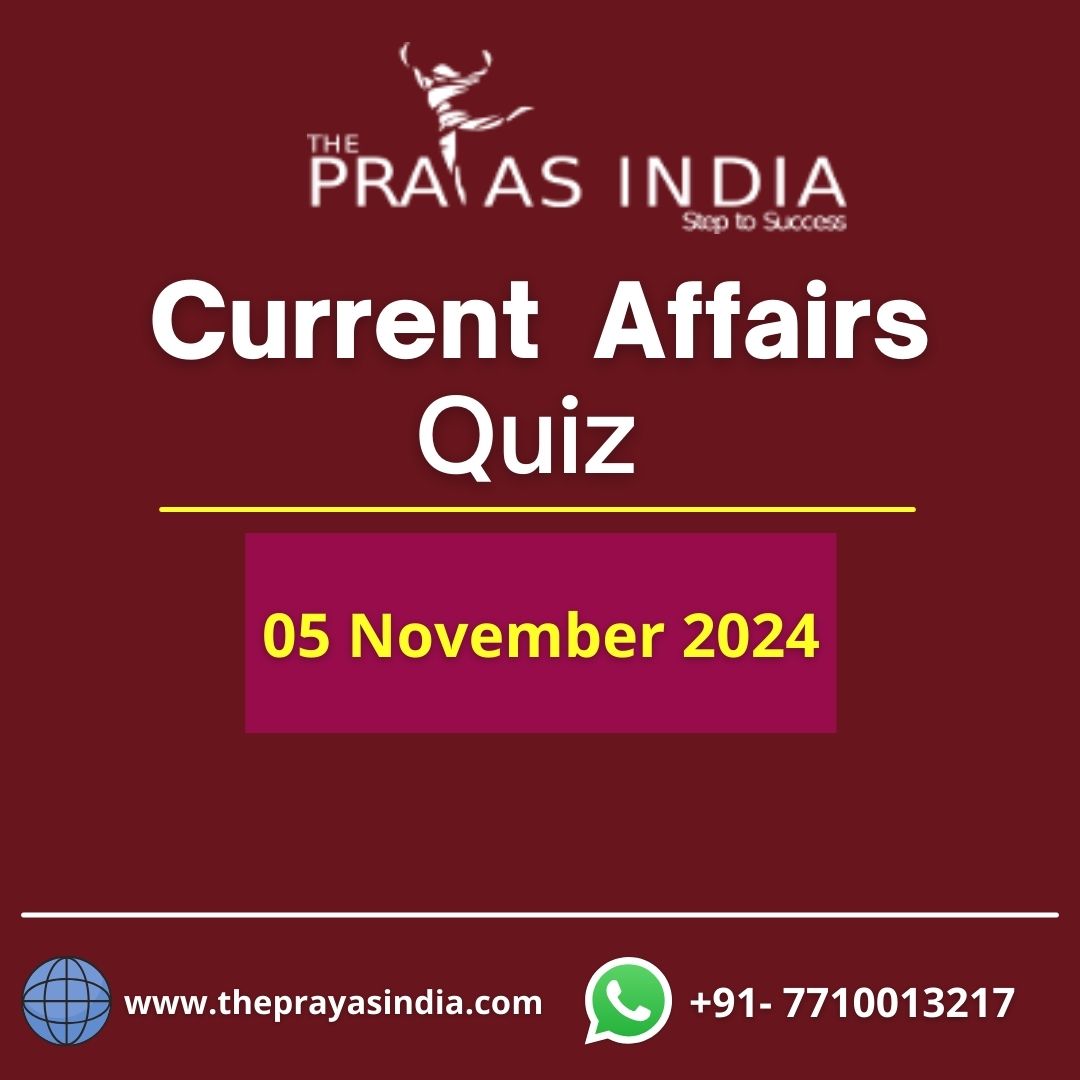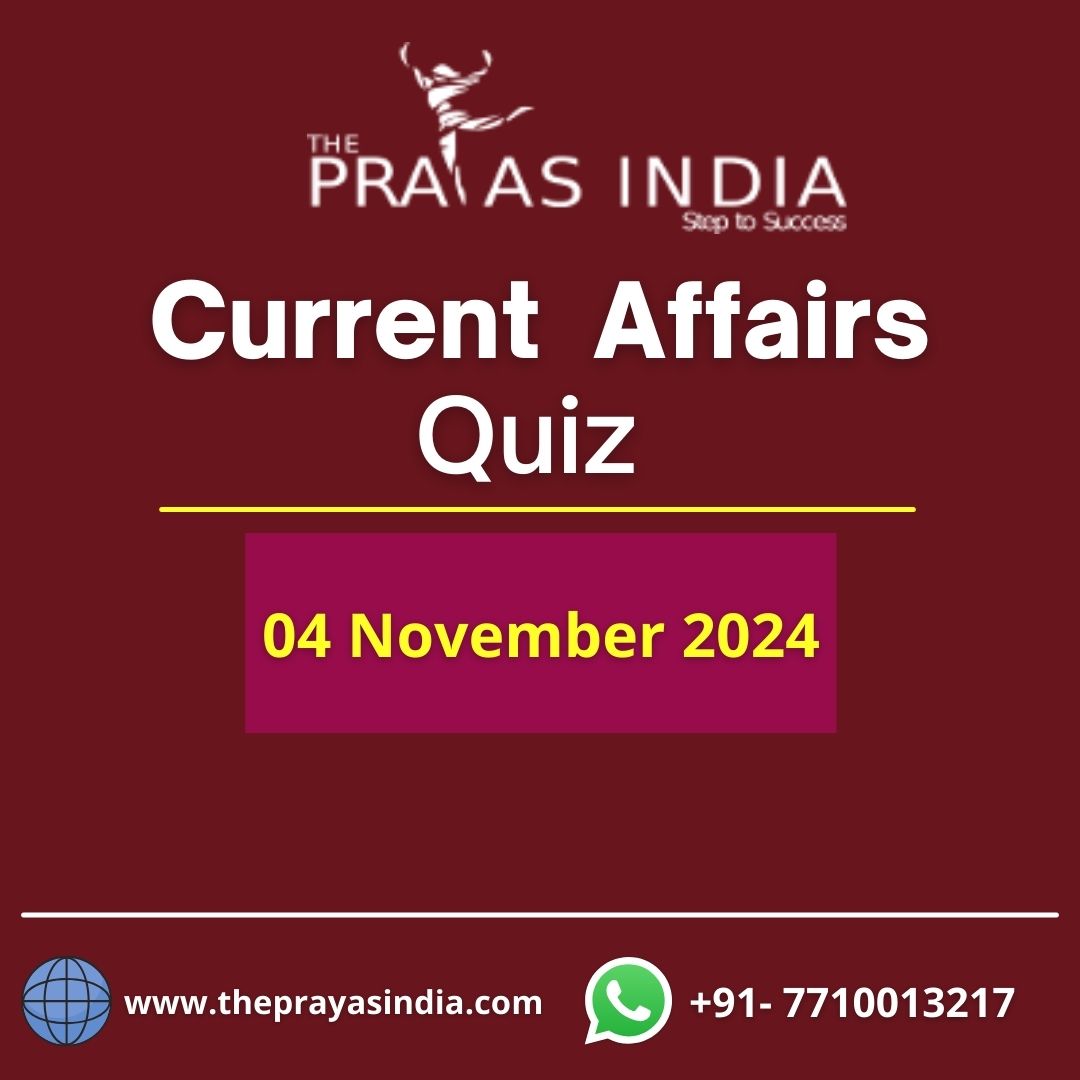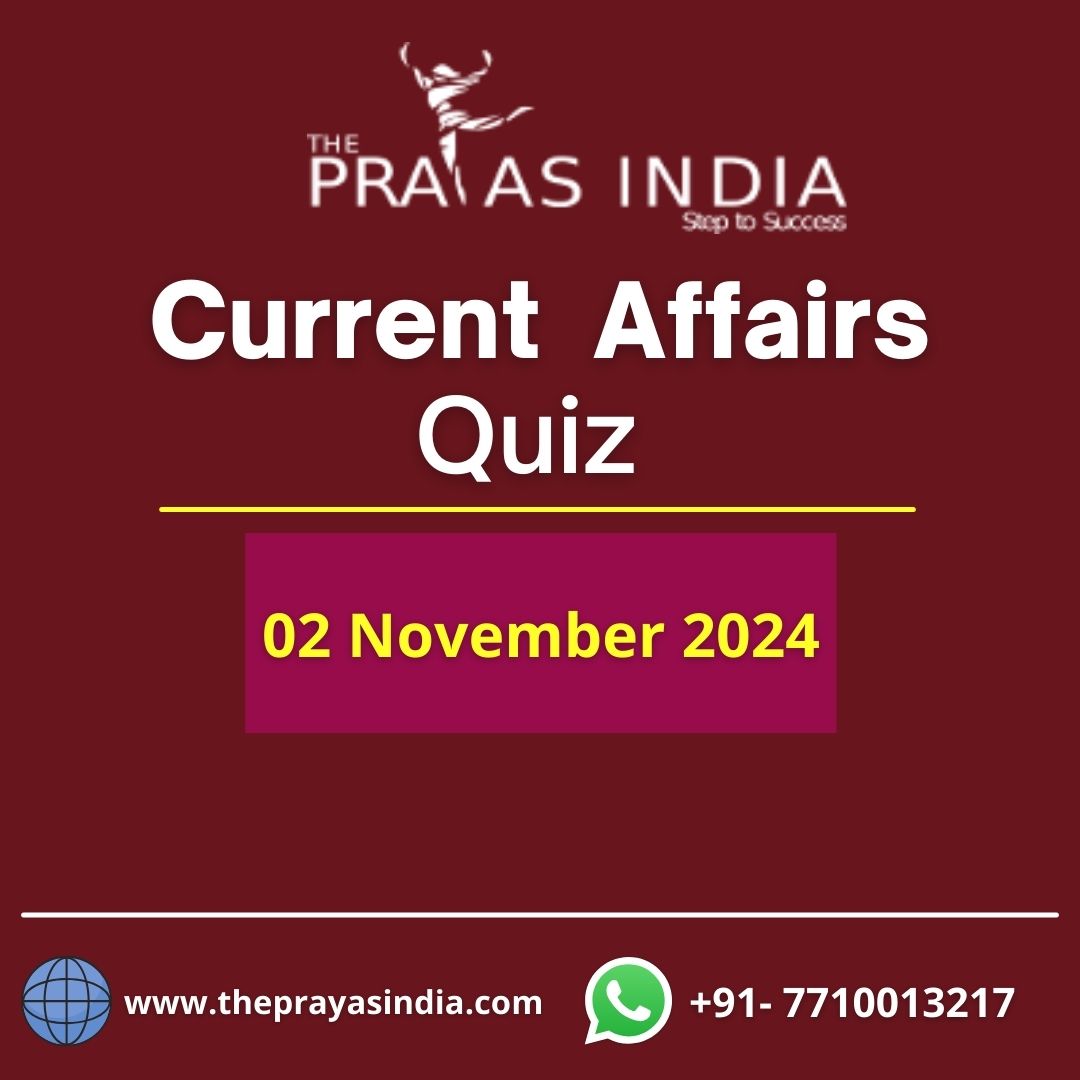1) According to Article 12, the term “State” includes:
- The Indian Parliament and Government
- District boards, Panchayats, and municipalities
- Any private organization acting as a tool of the State
Choose the right answer code:
- 1 and 2 only
- 2 and 3 only
- 1 and 3 only
- 1, 2 and 3
Solution: d
- Various clauses relating to fundamental rights have utilised the word “State.” As a result, for the purposes of Part III, the term has been defined under Article 12. It statements that the State consists of the following:
- The Indian Government and Parliament, which are the Union Government’s executive and legislative branches.
- The state legislature and government, or the executive and judicial branches of state government.
- All local governments, including all districts, boards, improvement trusts, and municipalities.
- All other authorities, including those that are statutory or not, such as LIC, ONGC, SAIL, etc.
- As a result, the term “State” has been expanded to encompass all of its agencies. These agencies’ acts can be contested in court as being in violation of the Fundamental Rights.
- According to the Supreme Court, even a private organisation or agency acting as an agent of the State is covered by the definition of “State” as stated in Article 12 of the Constitution.
2) Which statement about a “nation-state” is most accurate?
- Any political entity, any body governed by a constitution
- Any country with a significant geographic area
- Any legal or political entity that is also a cultural and social entity
- Any legal or political entity that is all of the above.
Solution: d
- A nation-state is made up of a variety of ethnic groups.
- A nation is solely a socio-cultural construct, a group of individuals who can share a common culture and lingua franca. This idea may not always take official political groupings into account.
- A state is a legal/political body that has the following components: a) a permanent population; b) a specified area; c) a government; and d) the ability to interact with other states. A nation-state is a combination of both.
3) Take into account the following statements:
- Only with the previous approval of the President may a Bill to change a state’s boundaries be tabled in Parliament.
- The state legislature in question must be referred by the president to a law that modifies the state’s borders so that it can voice its opinion within a given time frame.
- The state legislature’s opinions are binding on the President.
Which of the aforementioned statements is true?
- 1 and 2 only
- 2 and 3 only
- 1 and 3 only
- 1, 2 and 3
Solution: a
- According to Article 3, the Parliament has the authority to (a) create a new state by severing territory from an existing one, (b) increase or decrease a state’s area, (c) change a state’s boundaries, (d) change a state’s name, and (e) combine two or more states or parts of states to create a new state.
- However, Article 3 lays out two requirements in this regard: first, a bill contemplating the aforementioned changes can only be introduced in the Parliament with the prior recommendation of the President; second, before recommending the bill, the President must first refer it to the relevant state legislature for its input within a given time frame.
- Even if the state legislature’s views are received in a timely manner, the President is not bound by them and is free to accept or reject them. Furthermore, it is not essential to refer the state legislature again each time a bill amendment is proposed and approved in Parliament.
4) According to the Indian Constitution:
- A person who voluntarily becomes a citizen of another nation loses their Indian citizenship.
- If an Overseas Citizen of India (OCI) breaks any Indian law, whether at home or abroad, he forfeits his Indian citizenship.
Which of the aforementioned statements is true?
- 1 only
- 2 only
- Both 1 and 2
- Neither 1 nor 2
Solution: a
- A person who willingly obtains citizenship of any other nation is no longer considered to be an Indian citizen, according to Article 9 of the Indian Constitution.
- The holder of anOCI card, which includes a PIO card, is a foreign national who does not possess an Indian passport.
5) Take into account the following statements:
- The Constitution includes detailed and permanent citizenship provisions.
- The Constitution does not address the issue of gaining or losing citizenship.
- Those who left India for Pakistan after March 1, 1947 but afterwards went back for resettling were not eligible to apply for Indian citizenship.
Which of the aforementioned statements is true?
- 1 only
- 2 and 3 only
- 1 and 3 only
- 1, 2 and 3
Solution: a
- Articles 5 to 11 of Part II of the Constitution deal with citizenship. But it doesn’t have any elaborate or permanent clauses in this regard.
- It only lists those who acquired Indian citizenship on the day it began, or January 26, 1950. It doesn’t address the issue of citizenship that is gained or lost after it takes effect. It gives the Parliament the authority to pass legislation to address these issues and any others pertaining to citizenship.
- A person who left India for Pakistan after March 1, 1947 and later went back for resettlement may be able to obtain Indian citizenship. In order to qualify, he had to have lived in India for the six months prior to the date of his registration application2 (Article 7).
6) Take into account the following statements about Fundamental Rights:
- They are qualified rather than absolute.
- They have a lasting character.
- People may petition the courts to have them enforced since they are justiciable.
Which of the aforementioned statements is true?
- 1 and 2 only
- 2 and 3 only
- 1 and 3 only
- 1, 2 and 3
Solution d)
The following characteristics define the Fundamental Rights protected by the Constitution:
- They are qualified rather than absolute. They are subject to reasonable constraints from the state. The courts, however, will determine whether or not these restrictions are reasonable.
- They are justiciable, which enables people to ask the courts to enforce them if and when they are broken.
- They are neither eternal nor sacred. The only way for the Parliament to limit or repeal them is through a constitutional amendment act, not through a regular act.
7) Which of the following rights and privileges are granted to Indian citizens by the Constitution but are not extended to foreigners?
- The entitlement to primary education
- The freedom of expression and speech
- Opposing exploitation
Choose the right answer code:
- 1 and 2 only
- 2 and 3 only
- 2 only
- 1, 2 and 3
Solution c)
- The foreigners (friendly aliens) do not have access to these rights.
- The prohibition on discrimination on the basis of race, caste, gender, or place of birth (Article 15).
- The Article 16 Right to Equal Opportunity in Public Employment.
- The right to freedom of thought and expression (Article 19); of assembly; of association; of travel; and of residence and profession.
- Rights to culture and education (Articles 29 and 30).
- The ability to cast a ballot in elections for the Lok Sabha and state legislatures.
- The right to run for office in both the state legislature and the Parliament.
- Possession of certain governmental positions, including those of President of India, Vice-President of India, Supreme Court and High Court Judge, Governor of a State, Attorney General of India, and Advocate General of States.
8) The following fundamental rights are relevant to education:
- Article 13: Judicial review authority
- Article 15 of the Constitution forbids discrimination based on specific factors
- Religion is free under Article 28.
- Article 30: Specific Minority Educational Rights
Choose the right answer code:
- 1, 2, 4
- 1, 3, 4
- 2, 4
- d) 1, 2, 3, 4
Solution: d
- Laws that violate or are inconsistent with fundamental rights, where a court may strike down a law that interferes with a person’s right to an education.
- It is crucial for inclusive education to prohibit discrimination on the basis of religion, ethnicity, caste, sex, or place of birth.
- The right to choose whether to attend religious teaching or worship in specific educational institutions.
- Minorities have the right to start and run educational institutions.
9) An example of protection from double jeopardy is:
- Legal precedent
- Fundamental Right
- Constitutional right (other than Part III)
- CrPC provision
Solution: b
- No one may be tried and punished more than once for the same offence, according to Article 20(2). The doctrine of double jeopardy refers to this.
10) Take into account the following statements:
- Only when one can assert a claim that is also open to others does one have a right.
- Rights suggest what the state should not do in addition to what it must.
Which of the aforementioned statements is/are false?
- 1 only
- 2 only
- Both 1 and 2
- Neither 1 nor 2
Solution: d
- Rights are justifiable statements made by individuals that are accepted by society and protected by the law. The majority of the time, the rights are asserted against the state. In other words, citizens demand things from the government through their rights.
- I demand the state to provide for my fundamental education when I make my claim to the right to education.
- To ensure that kids from all socioeconomic strata can benefit from education, many organisations may open schools and provide scholarships. But the state has the main burden of duty. To ensure that my entitlement to an education is upheld, the state must take the essential first measures.
- A right becomes a privilege if it can only be exercised by a certain person or group of people. The right of others to drive on the same street coexists with your freedom to operate a vehicle there.
- Furthermore, you are not permitted to possess a privilege that would cause injury to another person. You don’t have the right to drive in a way that endangers other people on the road.
- For instance, my right to liberty as a person argues that the state cannot just arbitrarily detain me. If it wants to imprison me, it must defend its decision; it must explain why it is restricting my freedom in front of a judge. Because of this, the cops must present an arrest warrant before removing me. Thus, my rights impose some limitations on what the state can do.




